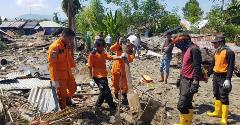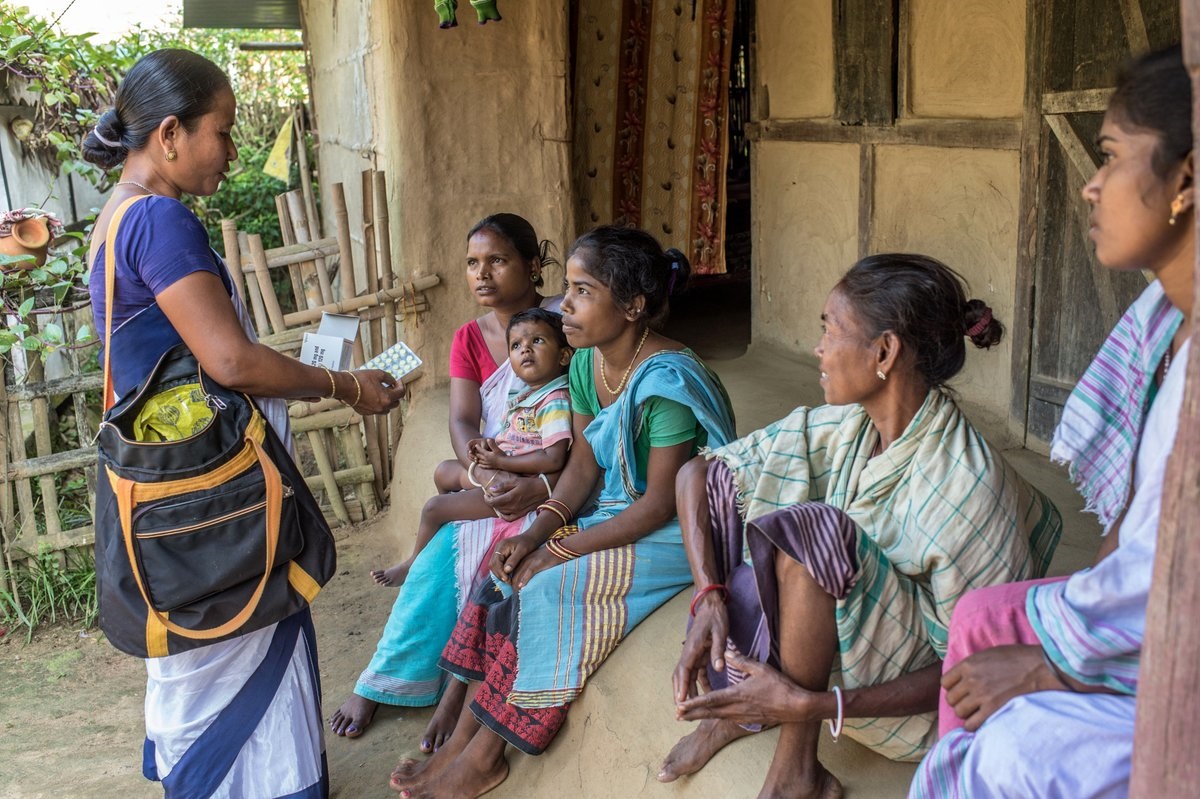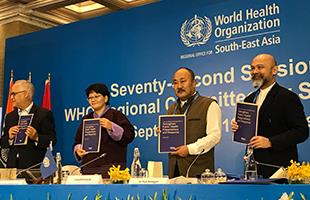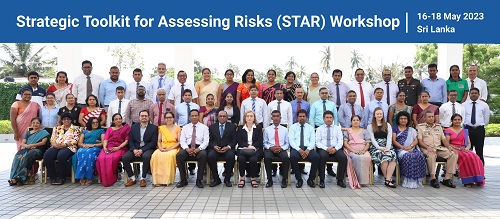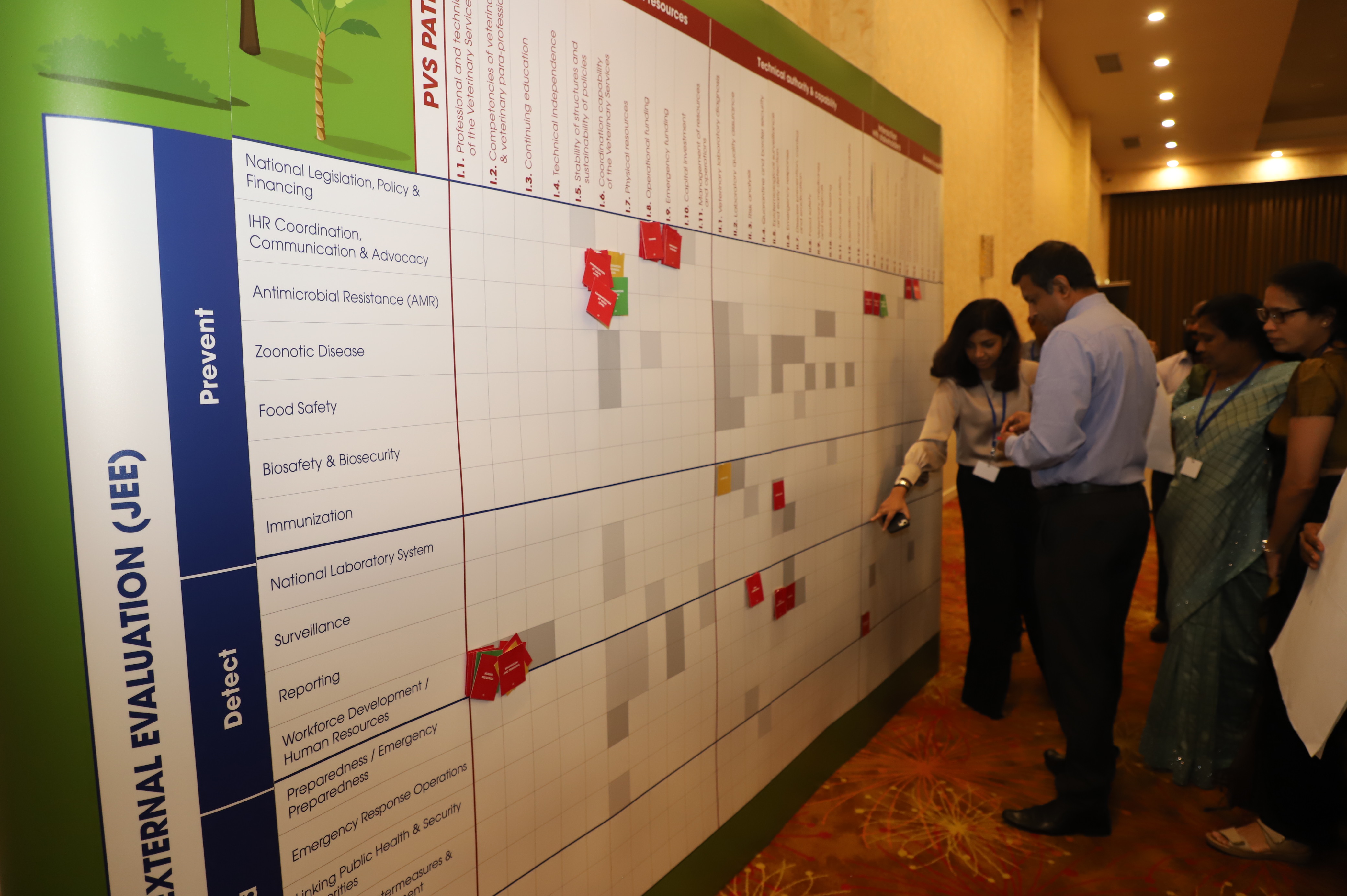Nepal conducted its first round of Joint External Evaluation (JEE) for the International Health Regulation (IHR) core capacities from 28 November to 2 December 2022. Nepal is the second country in the world to complete the JEE-IHR utilizing the 3rd edition of the JEE tool which was revised to incorporate the COVID-19 lessons and the recommendations of the IHR review committee. Recently, in November 2022, Thailand completed its second round of JEE-IHR utilizing this edition of the JEE tool.
The JEE is a part of the IHR monitoring and evaluation framework and is a voluntary, multi-sectoral process to assess the country’s capacity to prevent, detect, and rapidly respond to public health risks. The JEE allows countries to identify the most urgent needs and opportunities within their health security system for enhanced emergency preparedness and response leading to consensus on national priorities to frame or update the National Action Plan for Health Security (NAPHS) with the requisite resource allocation/ mobilization.
H.E. Mr Bhawani Prasad Khapung, Minister of Health and Population (MoHP); Dr Roshan Pokhrel, Secretary, MOHP; Dr Sangita Kaushal Mishra, Additional Secretary, MOHP; Dr Dipendra Raman Singh, Director General, Department of Health Services; Major General Dr Arun Neopane, Nepal Army; Dr Samjhana Kafle, Department of Livestock Services; Dr Matina Joshi, Department of Food Technology and Quality Control; Dr Madan Kumar Upadhayaya, Member Secretary, IHR Multi Sectoral Coordination Committee, MOHP; Dr Chuman Lal Das, Director, Epidemiology and Disease Control Division (IHR National Focal Point); and Dr Rajesh Sambhajirao Pandav, WHO Representative to Nepal joined the inaugural session, reaffirming joint commitment of the country and World Health Organization (WHO) to strengthen national health security to cope with the current pandemic and to prepare for potential future health emergencies.
The JEE team including 26 International experts mobilised by the WHO, led by Dr. Karen Sliter Programme Officer, the International Atomic Energy Agency (IAEA) and co-led by Dr Richard Brown, Programme Manager (Health Emergencies and AMR), WHO-Thailand and Dr Reuben Samuel, Programme Area Manager (CPI), WHO-SEARO, reviewed and discussed the evidence compiled and presented by the national technical team on 19 technical areas and agreed upon the scores and priority actions for each technical area. The JEE confirmed that Nepal has varied levels of IHR capacities with several good practices that can be adopted by other countries. However, continued investment in health security is recommended to sustain the gains achieved, build upon the gaps identified and rapidly implement the priority actions identified to further enhance the IHR core capacities.





